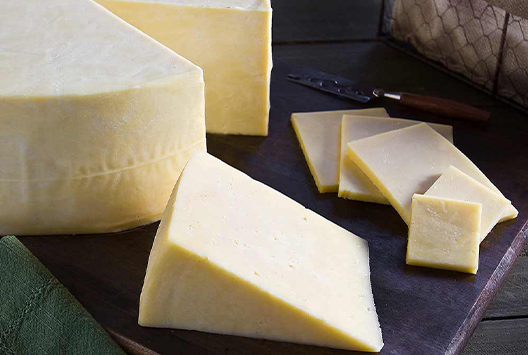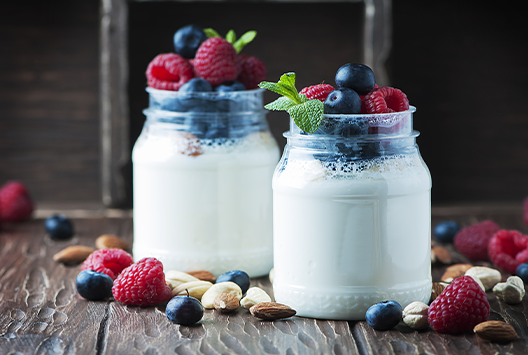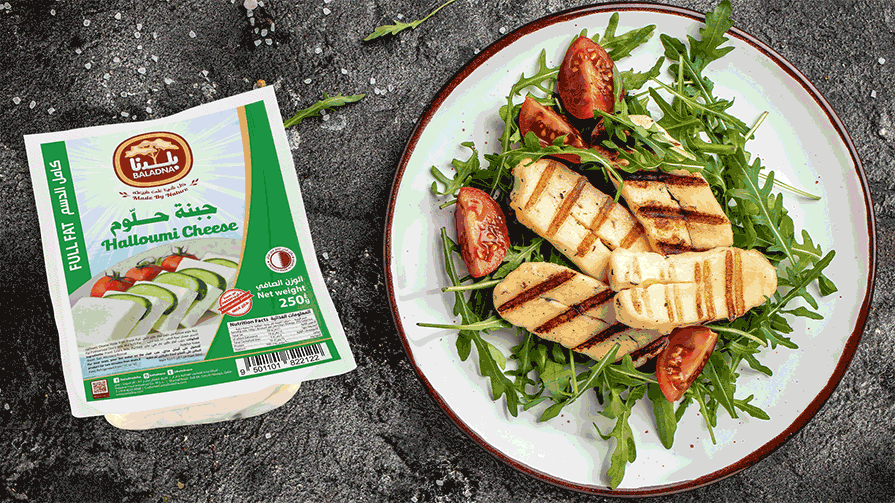
Impressive Health Benefits of Eating White Cheddar Cheese
Similar
If you love cheese, then you're probably already familiar with the benefits of eating white cheddar cheese. But if not, today is your lucky day because we’ve compiled all the benefits of eating white cheddar cheese right here.
The nutritional side of white cheddar cheese
To understand the healthy side of white cheddar cheese, it’s important to acknowledge all the essential nutrients it offers. Here's a breakdown of the nutritional value of white cheddar cheese:
1. Vitamin A
White cheddar cheese is a great source of Vitamin A. One ounce (28 grams) of white cheddar cheese contains at least six percent of Vitamin A. This essential nutrient helps keep your eyesight strong and supports healthy skin, hair, and nails. It's also important for immune function and wound healing.
2. Calories
White cheddar cheese is a great choice if you are watching your weight. With just 114 calories per ounce of serving, it's one of the lowest-calorie cheeses available. A serving of white cheddar cheese has approximately the same amount of calories as a serving of low-fat plain yogurt. This makes it a good choice if you want to cut back on calories and still get enough protein and calcium.
3. Carbohydrates
Carbohydrates are less than 0.5 ounces per serving of white cheddar cheese. This is an extremely low amount of carbohydrates for any food, making it a good choice for people trying to limit their carb intake.
4. Protein
A serving of white cheddar cheese has about 7 grams of protein. This is a moderate amount of protein for any food, making it a good choice if you're looking to add more protein to your diet.
5. Calcium
Like any other type of cheese, white cheddar contains a large amount of calcium. A single serving of this cheese will give you about 20 percent of your recommended calcium intake. This makes it a good choice if you're trying to meet the RDI for this nutrient but want to avoid consuming dairy products like milk or yogurt.
Possible benefits of eating white cheddar cheese
Aside from the fact that it's delicious, white cheddar cheese has several health benefits. Here are some of them:
1. Healthier teeth: When consumed in moderation, white cheddar cheese can help strengthen the enamel on your teeth and reduce the risk of cavities. The calcium found in this type of cheese helps harden tooth enamel while also preventing bacteria from building up on your teeth. This means that less plaque will be formed and fewer cavities will occur.
2. Lower cholesterol: White cheddar cheese is a low-fat food, which means it's also a low-cholesterol food. By reducing the fat in your diet and eating more foods like white cheddar cheese, you can decrease the chances of developing conditions like heart disease or stroke.
3. Increased bone density: The calcium in white cheddar cheese can help increase bone density and prevent osteoporosis by strengthening bones with every bite you take. Calcium is ideal for building strong bones because it helps repair weak spots in the skeletal structure before they become problematic.
Indulge in white cheddar bliss!
White cheddar cheese offers so many benefits that can be enjoyed by many. Found almost in every supermarket, this delicious cheese is both convenient and accessible. If you're looking to increase your cheese intake, consider adding a serving of white cheddar cheese to your next meal.
At Baladna, we have over 30 years of experience producing high-quality cheese and dairy products. Baladna’s white cheddar cheese is made with only the best ingredients, including fresh milk from our very own cows. We take pride in providing our customers with the highest quality products at affordable prices.



